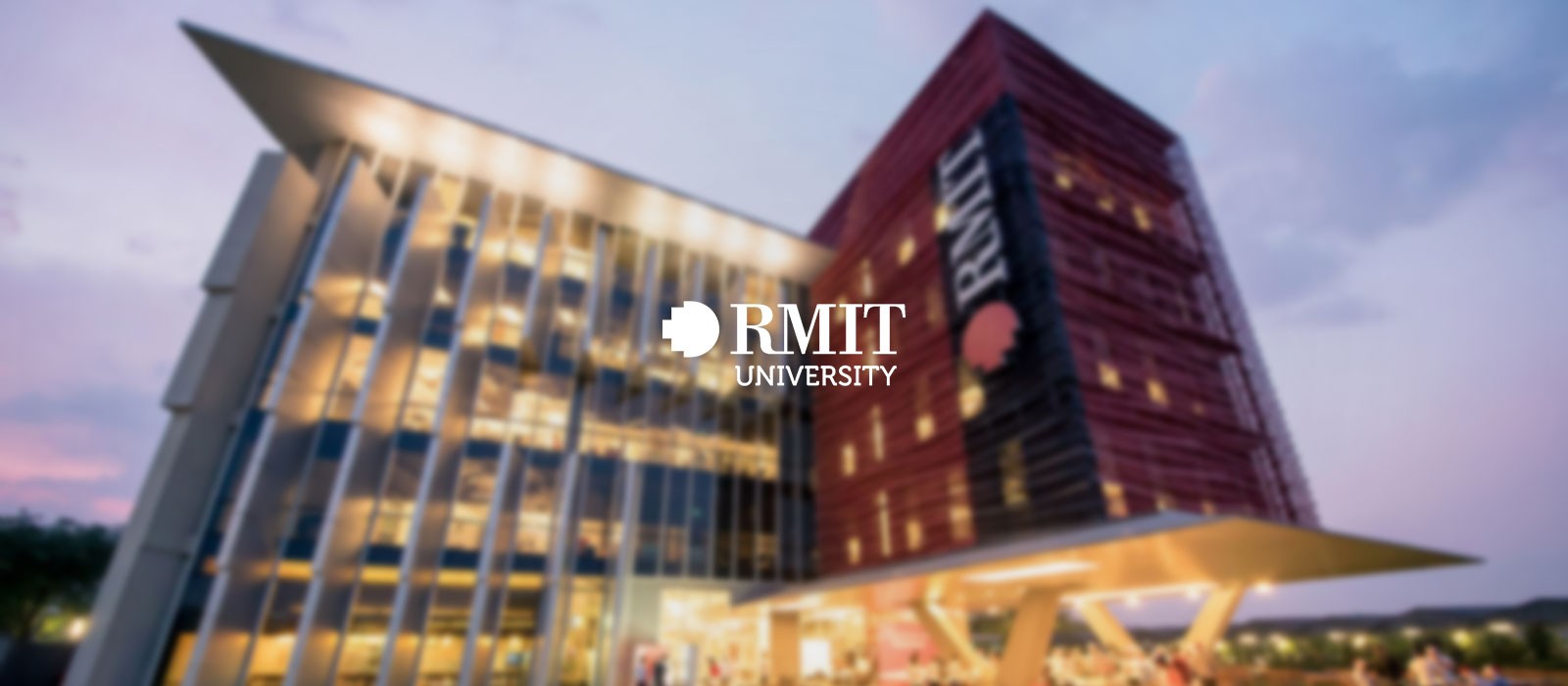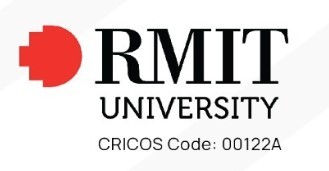
Associate Degree in Aviation (Professional Pilots)


Overview
Duration
FULL-TIME 2 YEARS
FULL-TIME 2 YEARS
Scholarship
YES
YES
Fee
AU$72,000.
AU$72,000.
Intake
FEBRUARY
FEBRUARY
Overview
- RMIT Flight Training has successfully trained over 3,000 pilots since 1994.
- Designed in collaboration with industry, the Associate Degree in Aviation (Professional Pilots) will equip you with the skills and knowledge you need to pursue a career as a pilot.
- Blending aviation theory with practical flying lessons, your studies in this associate degree will prepare you to undertake the CASA (Civil Aviation Safety Authority) Commercial Pilot Licence theory and flight tests. In addition to your pilot training, you may also undertake subjects in instrument and instructor ratings to further your knowledge and capabilities in this exciting industry.
- The RMIT Aviation Academy is at the forefront of aviation education, training, and research. It is sector-leading in pilot training with the largest owned fleet in Australian Higher Education.
- With advanced research facilities in Melbourne and flight training sites at Point Cook (home of the RAAF) and in regional Victoria (Bendigo), RMIT offers students and clients easy access to airspace, terrain, and urban development to maximise navigational experiences. RMIT students are also connected with industry leaders for global career opportunities.
- RMIT has been educating aerospace engineers for 80 years and has been training commercial pilots since 1994, with over 3500 pilots and flight instructors graduating in Australia and across the Asia-Pacific region to date.
Inquire Now
Career
- Career outlook
- If you successfully complete this course, you will be eligible to apply for a CASA Commercial Pilots Licence, plus either Command Instrument Rating (multi-engine) or Flight Instructor Rating (single engine).
- Roles you may find immediately after graduation may include charter and freight operation, air-work/agricultural operations, major and regional airlines, emergency services, flight training organisations, seasonal bushfire spotting and beach patrols
- Our graduates
- As an RMIT Flight Training graduate, there are a variety of paths you can take. You may choose to undertake flight instructor training and work as an instructor while you complete further studies. This can be a rewarding way to build your hours or become a long-term career.
- With further experience (typically more than 200-300 flight hours), you may find work in multi-engine charter operations flying high-performance aircraft with regional airlines, or within high-performance general aviation activities, such as the Royal Flying Doctors Service or Border Protection Command services, and in the role of first officer in major airlines.
- Major airlines typically require approximately 1,500 hours total time for direct entry first officers. With further experience and managerial qualifications, you'll be able to seek positions with major airlines as a:
- chief pilot
- fleet manager
- flight operations manager or inspector.
Entry Requirement
Nepal:
> MINIMUM SCORE REQUIRED
> 70%
- To study this program you will need to complete one of the following English proficiency tests:
- IELTS (Academic): minimum overall band of 6.0 (with no individual band below 5.5)
- TOEFL (Internet Based Test - IBT): minimum overall score of 60 (with minimum of 10 in Reading, 9 in Listening, 16 in Speaking and 19 in Writing)
- Pearson Test of English (Academic) (PTE (A)): minimum score of 50 (with no communication band less than 42)
- C1 Advanced: minimum of 169 with no less than 162 in any component.
Start your journey with landmark today!
Find your perfect course
Answer a few questions and
our course matcher will do the rest
Head Office
Level 5, IT Plaza
Kamaladi, Kathmandu
Tel: +977 14542781, 9845566225
E-mail: info@landmarkedu.com
Kamaladi, Kathmandu
Tel: +977 14542781, 9845566225
E-mail: info@landmarkedu.com
Sydney office
Suite 1 Level 1,
46 Macquarie Street,
Parramatta, NSW
Tel: +61 415 122 814
46 Macquarie Street,
Parramatta, NSW
Tel: +61 415 122 814
Branch office
Sahidchowk, Chitwan
Tel: 056-590825
Tel: 056-590825
Mahendrachowk, Biratnagar
Tel: 021-590828
Tel: 021-590828
Level 2, Milanchowk, Butwal, Rupandehi
Tel: 977-71-591694
Tel: 977-71-591694
© Landmark Education. All rights reserved.


